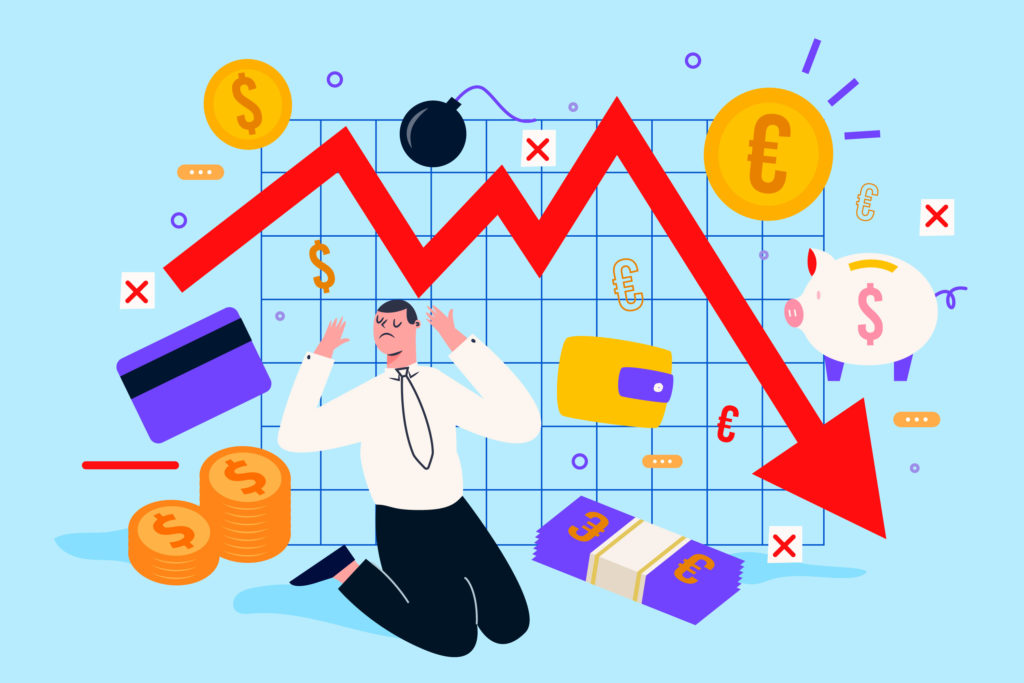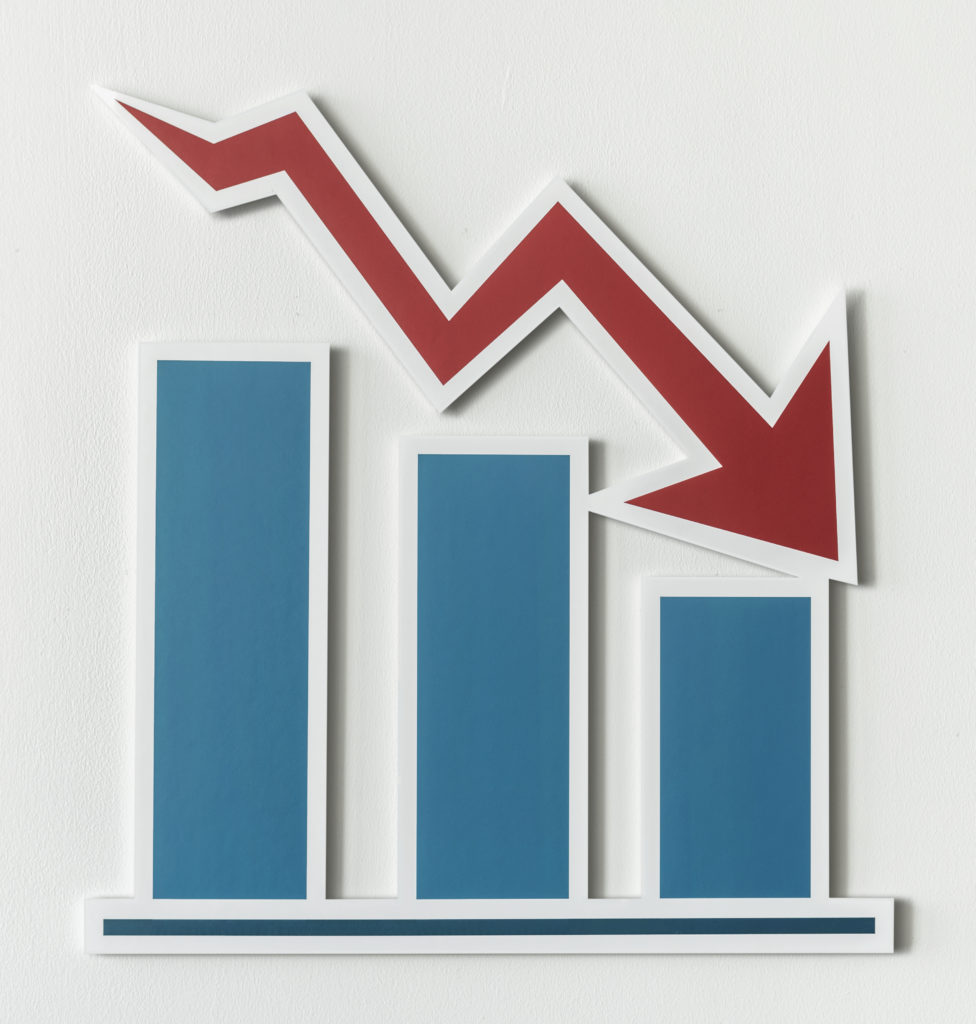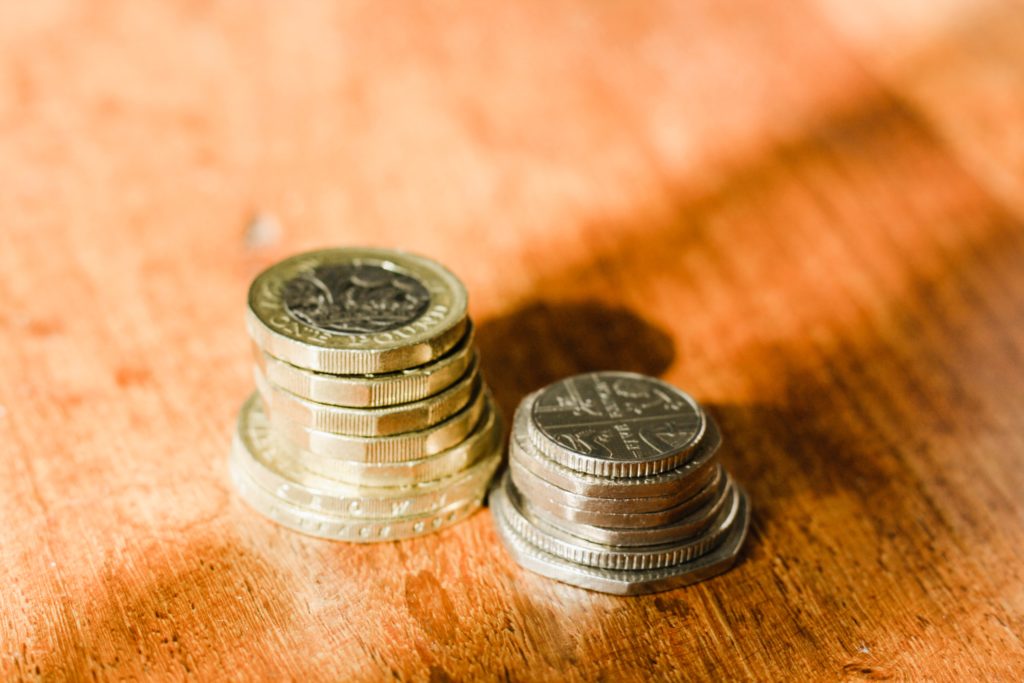
5 Things To Know Before Declaring Bankruptcy
Declaring bankruptcy may be your only option if you have mounting debts that you are unable to pay. However, bankruptcy is not something you should rush into because it has long term effects on your life and your finances. Here are five things you should know before declaring bankruptcy.
1. Bankruptcy can have an impact on your assets

When you declare bankruptcy, you are required to make a reasonable effort to pay back your debts, and this often includes using your assets. Things that are considered essentials, like clothes, furniture, and cooking appliances are protected. However, other belongings will be passed on to the Official Receiver, the person that deals with your bankruptcy. These will then be sold to raise money to pay your debts.
Items that you are allowed to keep include:
- Clothes
- Furniture
- Household appliances
- Tools required for your job
- A car that you need for work or other basic needs (if you are disabled, for example)
There are some exemptions and if certain assets on this list are valued very highly, they can still be sold. For example, you may be forced to sell your car and you will be given £1,250 to buy a cheaper replacement, with the rest of the money being paid towards your debts.
Jointly owned assets can also be affected. If they are sold, the money will be split between the Official Receiver and the person that has a shared interest in the asset.
Depending on your situation, you may have to move home when you declare bankruptcy. If you rent your home, you will not be affected and your landlord will not be informed. But if you own your home, you may be required to sell it to raise money to pay your debts. In some cases, you can prevent this.
The official receiver has three years to decide what to do with your home. If they have not taken steps to sell it in that time, your interest in it is restored and you can keep your home.
It is important that you consider how your assets will be impacted before you declare bankruptcy.
2. If you own a business, bankruptcy will have an impact

When you declare bankruptcy, there are specific rules related to the running of a business. For the 12-month period of your bankruptcy, you are forbidden from acting as the director of a limited company or managing it in any way without the permission of the court. The company itself can continue to operate but you will need to appoint somebody else to manage it for you.
If you are self-employed and registered as a sole trader, the rules are different. You will be able to continue operating as normal, but if you run a business under a name that’s different to the one in which you were made bankrupt, you must tell everyone you do business with the name under which you were made bankrupt.
Bankruptcy will also be recorded on your credit reports for six years. This can seriously impact your ability to get credit in the future, which can be a big problem for businesses.
Business owners might want to explore other options like an Individual Voluntary Arrangement to avoid the restrictions on their ability to run their company.
3. Your bank accounts could be frozen

The Official Receiver takes control of all of your assets, including your bank account, when you declare bankruptcy. This often means that your bank accounts are frozen and you cannot withdraw any money. If you have money in your account that is required to meet your essential living costs, the Official Receiver will arrange with the bank to release those funds to you. The bank will then decide if you can continue using your account.
4. Bankruptcy doesn’t cover all of your debts

Writing off debt is one of the major benefits of bankruptcy but not all debts are covered. You must understand exactly which debts are not covered because you will still be liable for them, even if you file for bankruptcy. Debts not covered include:
- Secured debts
- Child maintenance debts
- Student loans
- Court fines
5. Take the right steps before declaring bankruptcy

There are some key steps you must take when declaring bankruptcy to minimise the impact.
Ensure bankruptcy is the right debt solution for you
Bankruptcy is not always the right debt management solution. Look into options such as Debt Management Plans (DMP), Debt Relief Orders (DRO) or Individual Voluntary Arrangements (IVA) before declaring bankruptcy. You may be able to limit the impact on your credit reports and avoid financial restrictions by finding a different debt solution.
Apply for bankruptcy
The next step is to fill out the necessary paperwork and pay the fee of £680. This can be paid in instalments, if necessary, with a minimum payment of £5. However a bankruptcy order will not be granted until the fee is paid. You will find the forms on the gov.uk website.
Set a budget from your living costs
As part of your bankruptcy application you will need to write a budget based on your essential expenses. When you declare bankruptcy, you will not be permitted to spend anything else as all additional money will go towards your debts.
Cooperate with the official receiver
The Official Receiver is the person that manages your bankruptcy. They will contact you within two weeks of your application to discuss your bankruptcy. They also take control of your assets. You need to work with them while they distribute your money and assets to pay off a portion of your debts.
Pay back your debts and discharge from bankruptcy
Now that everything is in place, you may need to continue paying towards your debts for up to 3 years – this is dependent upon your circumstances and your disposable income after meeting your essential outgoings. As long as you cooperate with the Official Receiver and meet all of your obligations, you should be discharged from bankruptcy after 12 months.
Declaring bankruptcy may be the solution to your debt problems but it is not always the only option. If you need advice about managing your debts, fill out the contact form to get in touch with Swift Debt Help today. We can talk through your different options and help you regain your financial freedom.
Request a Debt Assessment
May not be suitable in all circumstances, Fees may apply, your credit rating may be affected.
Disclaimer: For guidance only. Financial information entered must be accurate and would require verification. Other factors will influence your most suitable debt solution.
bankrupt, bankruptcy, bankruptcy help, Debt Help, Debt repayments, Debt support, declaring bankruptcy, swift debt help